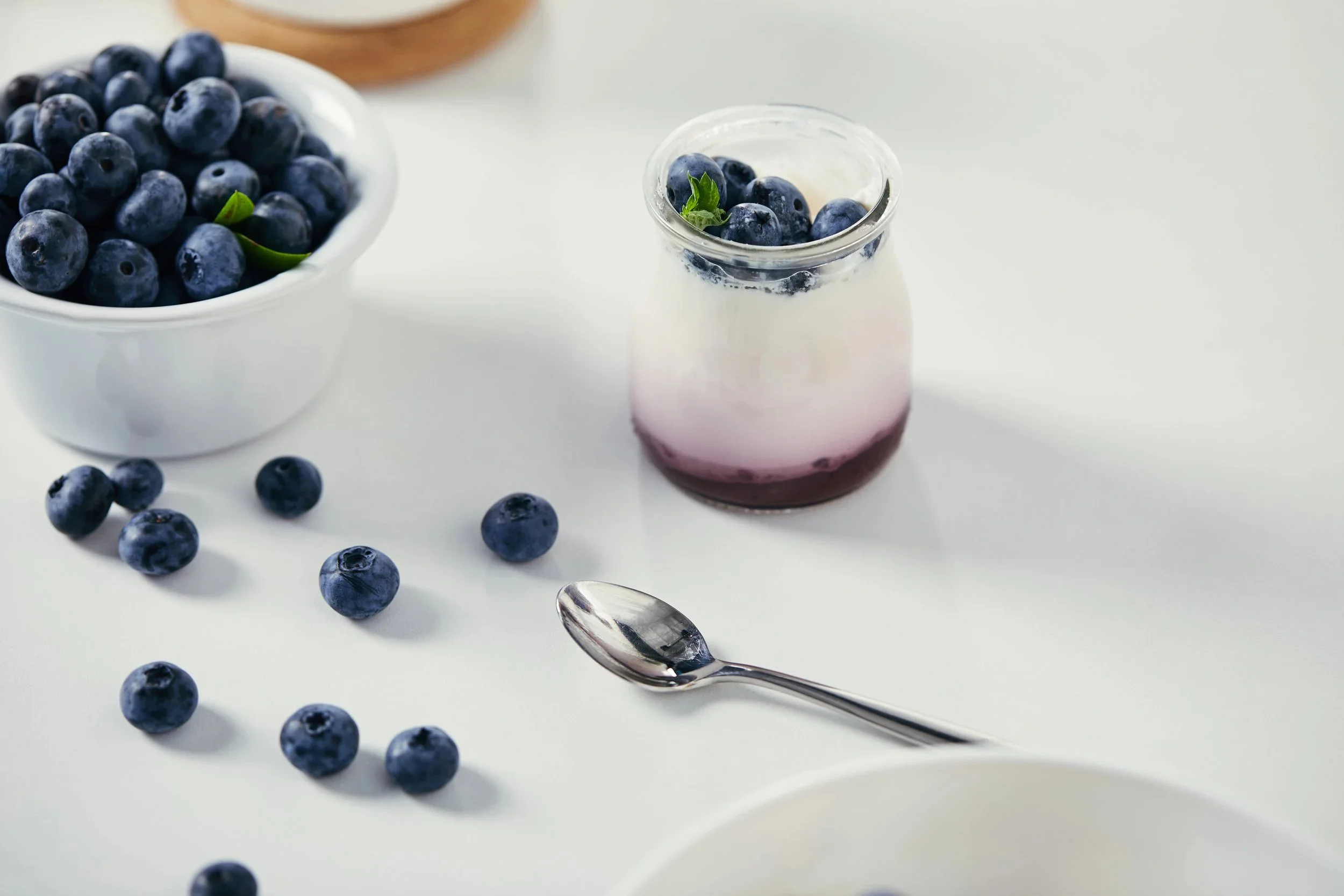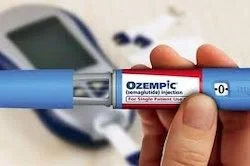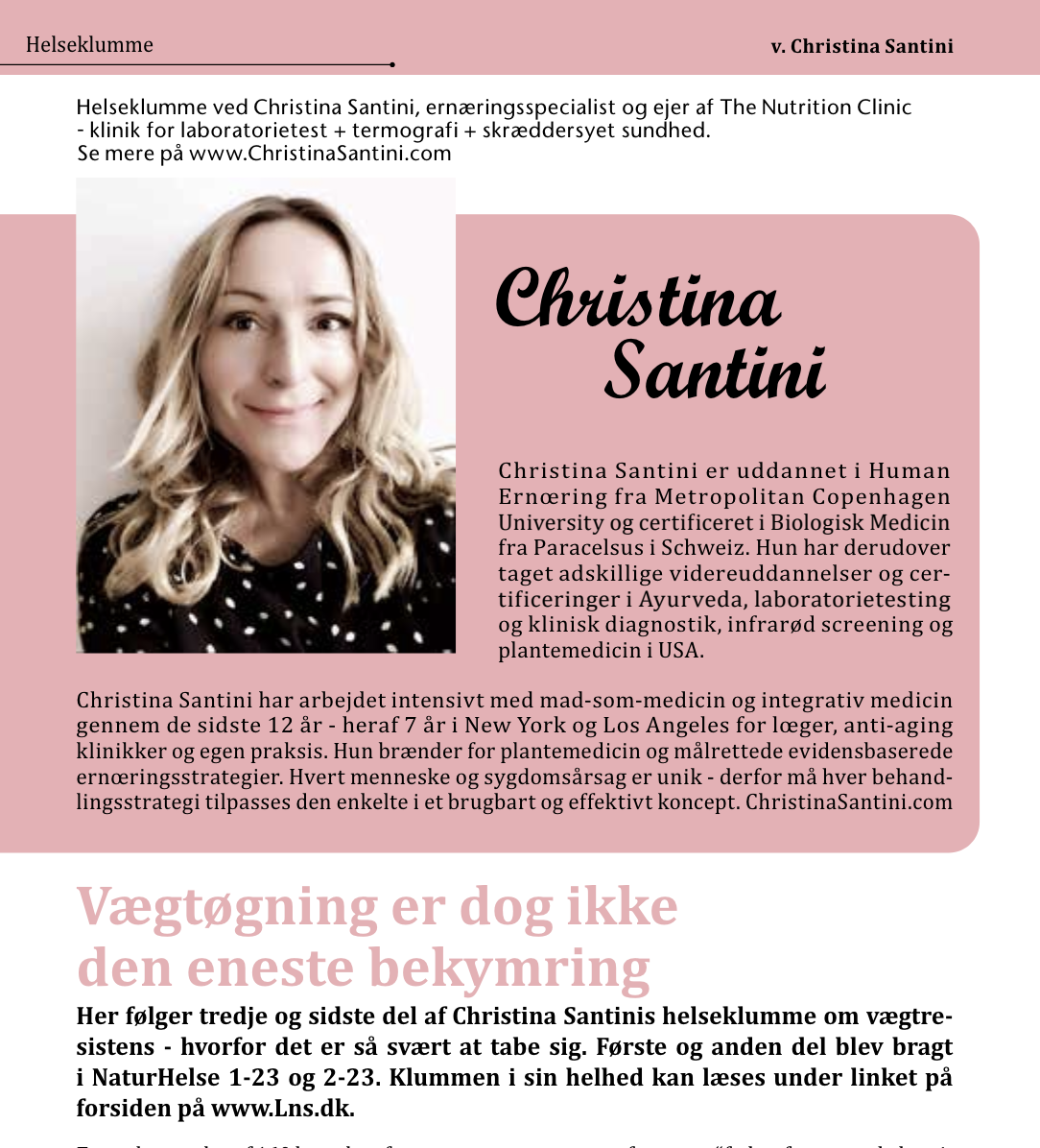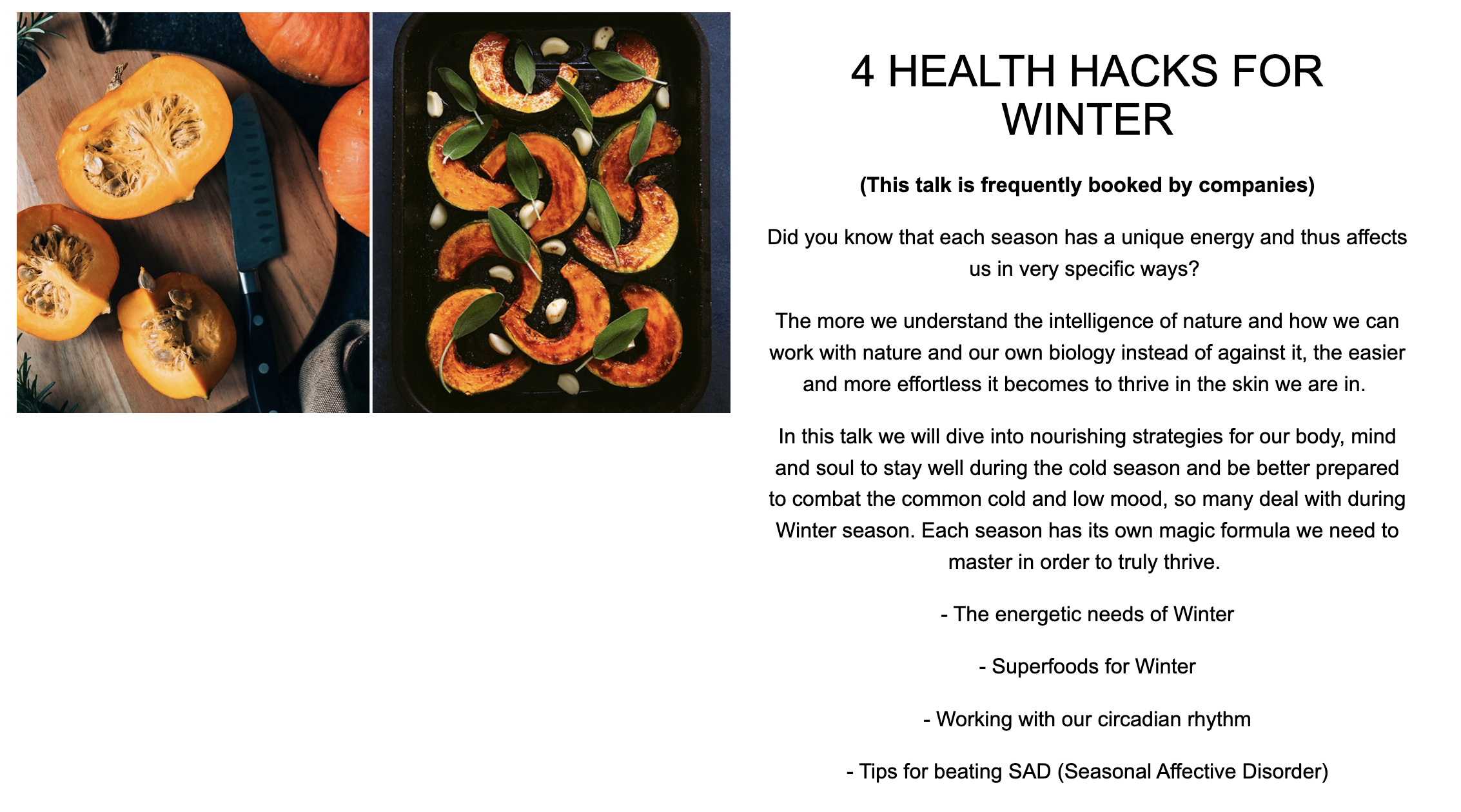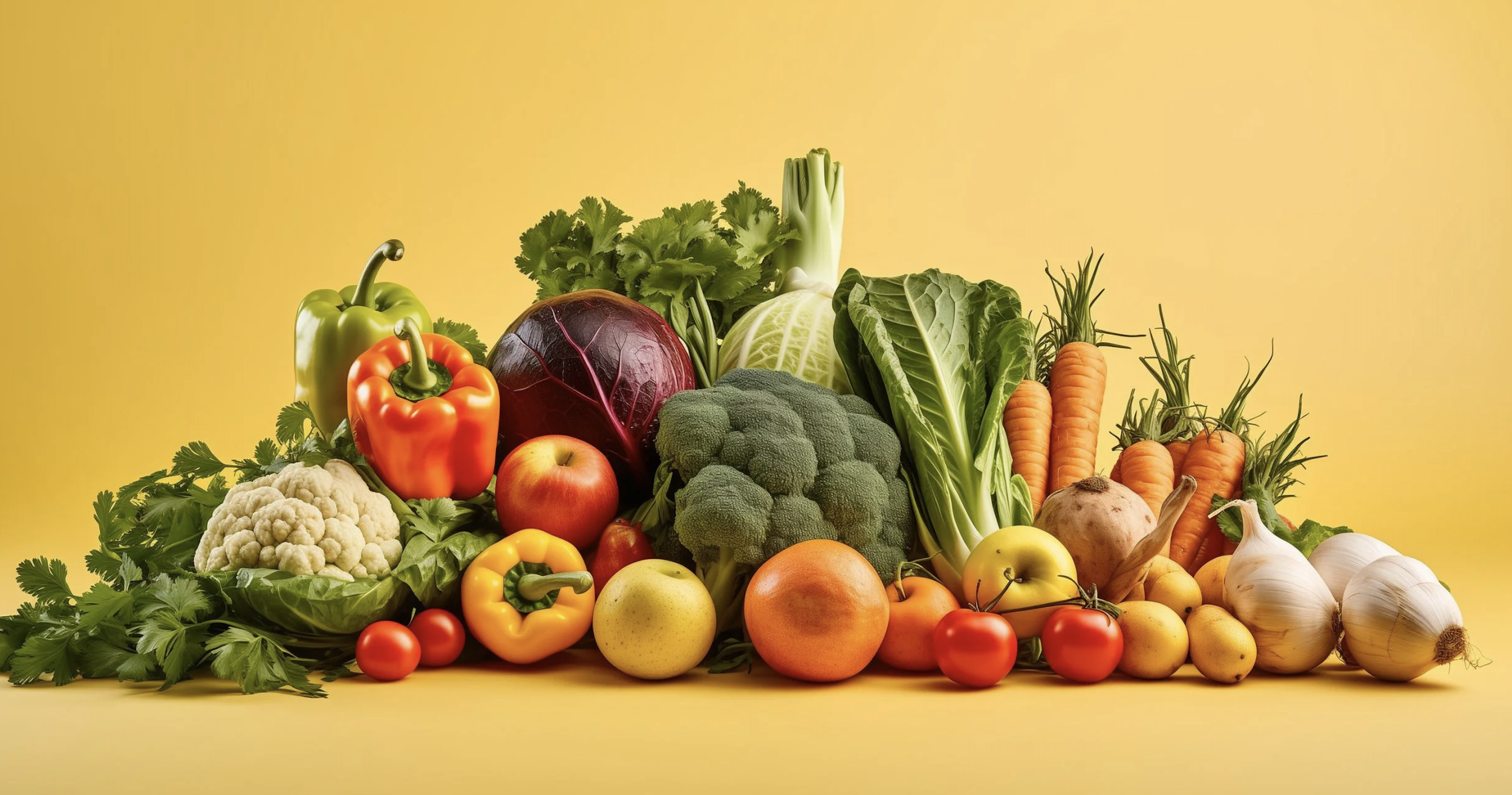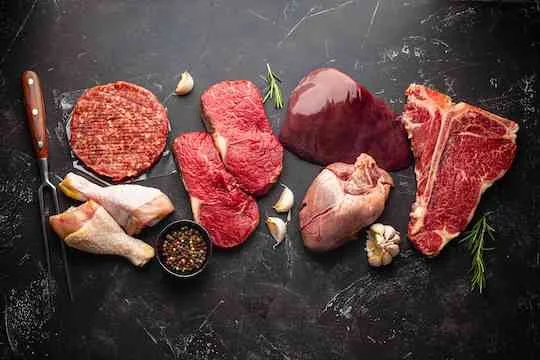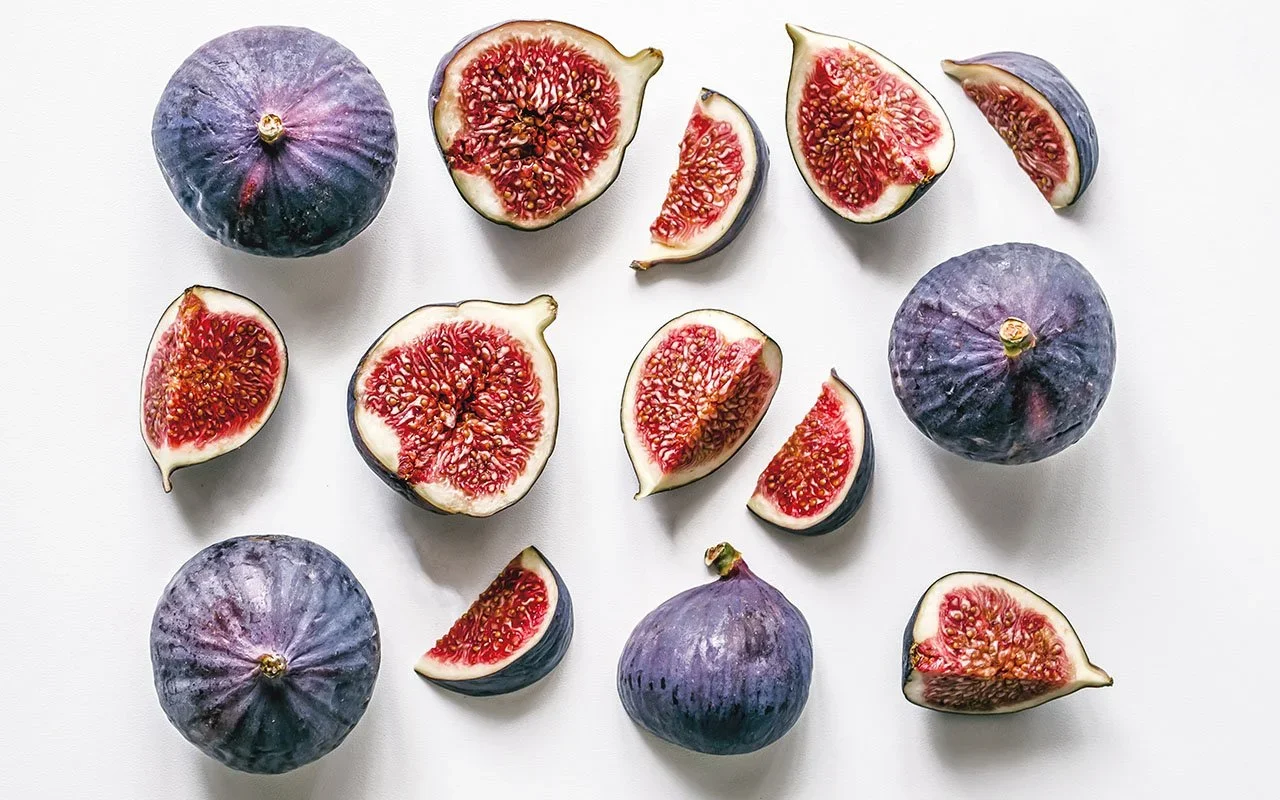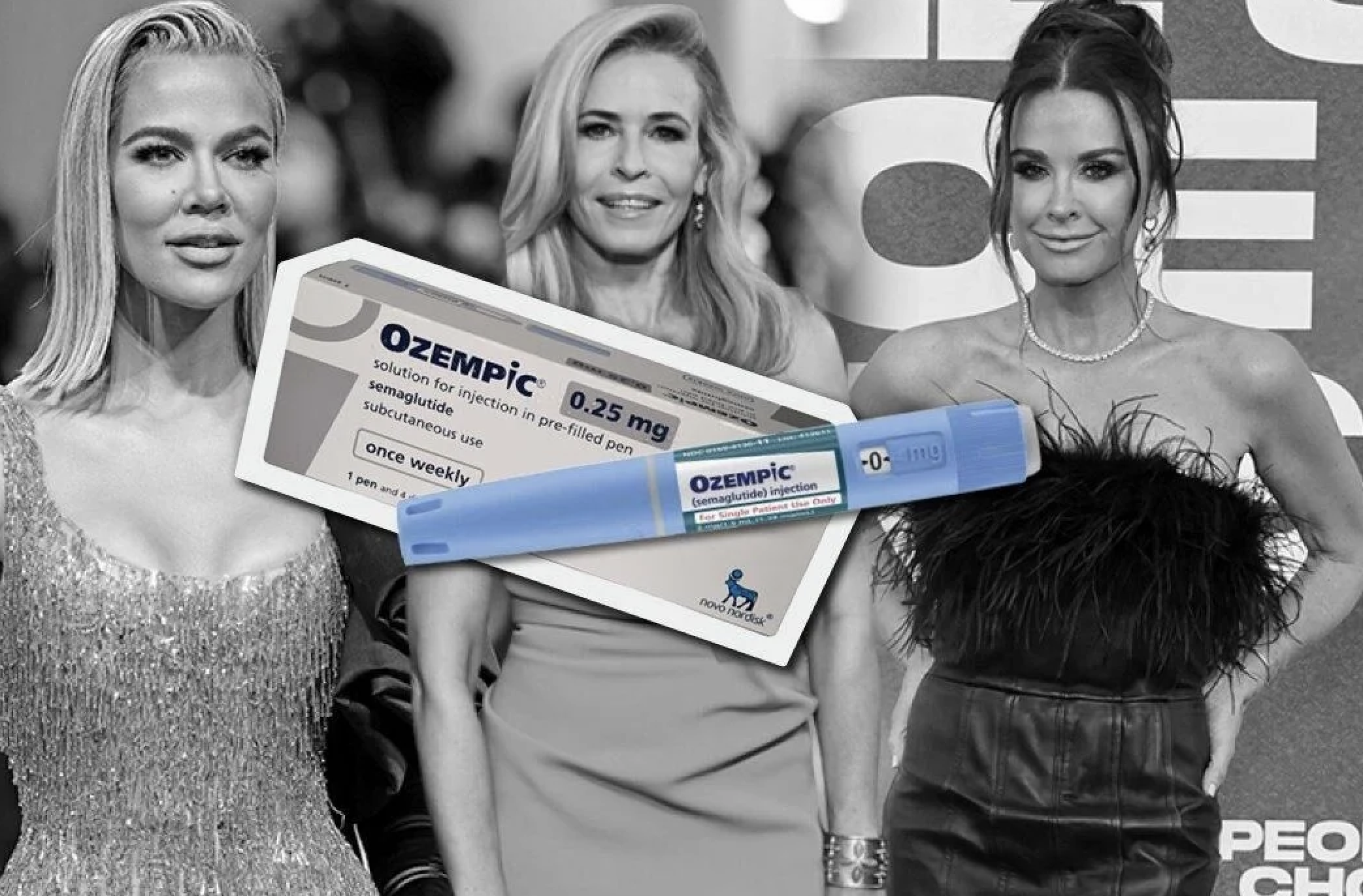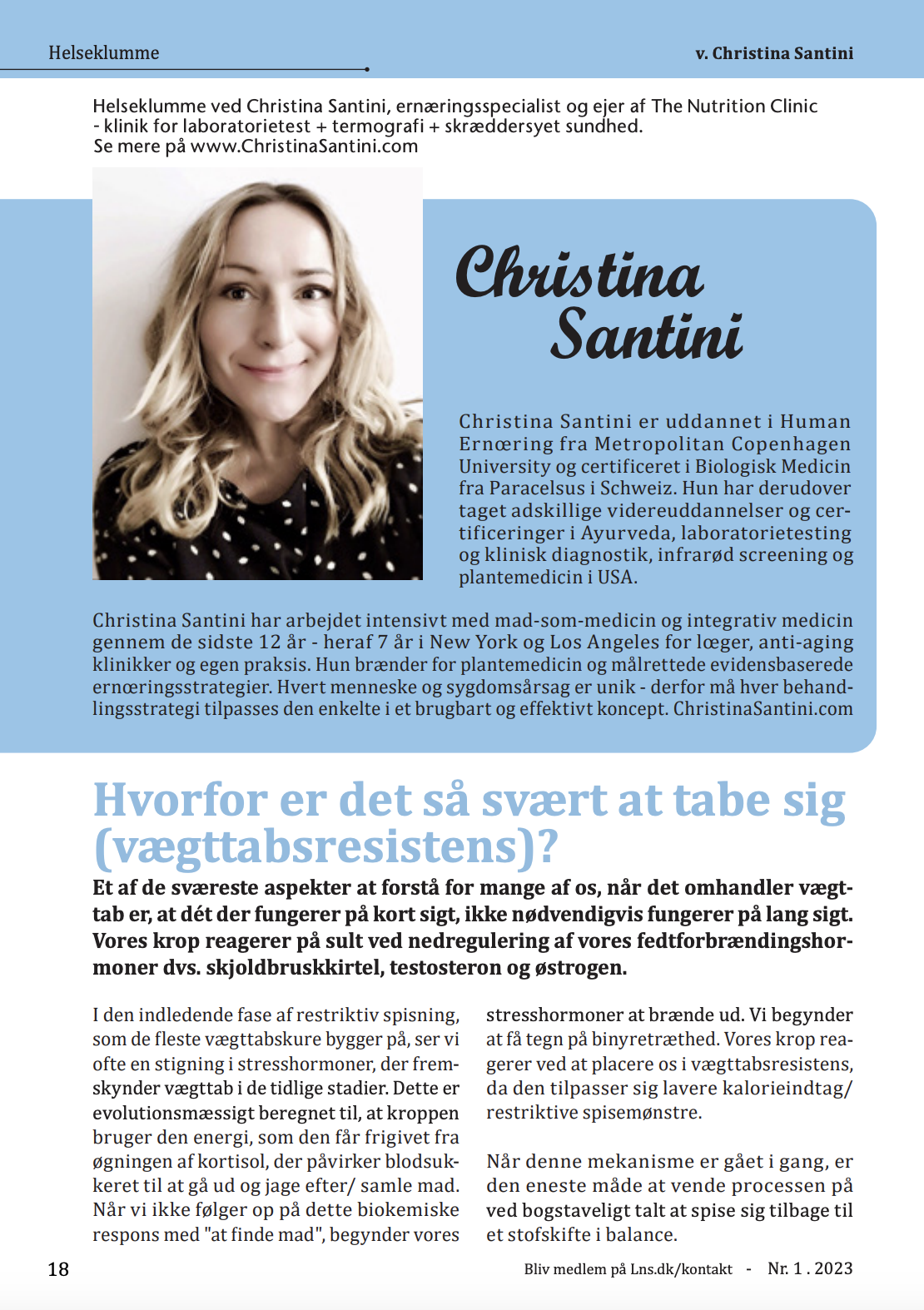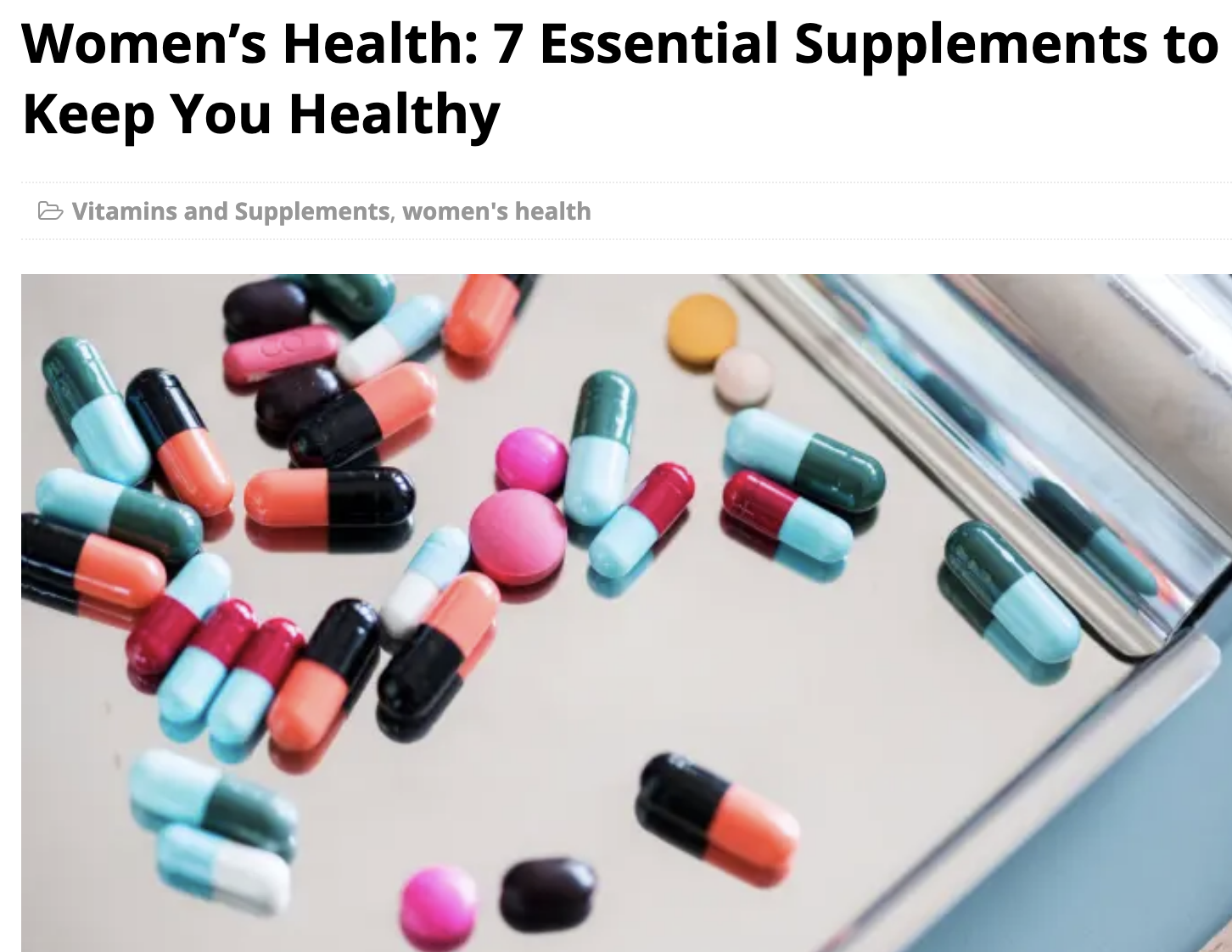
health briefs
This is smart health for real life. Short reads, clear science, practical moves. I show you where better energy, focus, and resilience come from. Follow along for data-driven insights, clinical strategies, and behind-the-scenes perspective on strategic health for individuals and companies.
Why Detox Isn’t a Trend – It’s a Modern Necessity
In today’s world, detoxification isn’t about sipping celery juice or starving on lemon water for three days. It’s about helping your body actually process and eliminate the massive load of environmental toxins we’re exposed to daily.
From polluted air and pesticide-laced produce to heavy metals in seafood and endocrine disruptors in skincare – toxins are no longer the exception. They’re the baseline.
Why Combining Keto, Alcohol, and Carb Avoidance Is a Metabolic Disaster
The liver is your body’s central detox organ – but its ability to process toxins depends on the availability of specific nutrients, including carbohydrates. Despite this, keto diets and low-carb alcohol trends have become increasingly popular. The long-term consequence? A perfect storm for liver overload and mitochondrial dysfunction.
Bacterial Strains Associated with Weight Regulation
It is not straightforward to categorize bacteria as simply "good" or "bad." The key factor is the balance of bacteria within the gut microbiome. While some types of bacteria are beneficial in small quantities, an overrepresentation can lead to health issues - including weight gain.
Wondering whether Ozempic is right for you?
Drugs like Ozempic are increasingly used for weight loss purposes. While calories in vs. calories out do matter and most of us are simply too sedentary, the cause of obesity is complex. Obesity is one of the biggest challenges we face today for various reasons - only some of which we are in control of. Some of us suffer from emotional overeating/ binge eating disorder that requires a completely different treatment approach than conventional dieting advice offers. Some of us have loads of environmental toxins in our body i.e. microplastics messing with our hormones. Some of us are not sleeping properly - poor sleep is directly linked to insulin resistance and weight gain. We really need to get better at understanding our own body and which things we can control. We also need to get better as practitioners in the health care system at working cross disciplinary together and understand the interplay of various factors to better help the client. Calorie counting is simply not cutting it anymore.
ARTICLE FEATURE: Why we struggle with weightloss resistance part 3 (DANISH ONLY)
This is part 3 out of 3 of a series I’ve written for Danish health magazine LNS about why we struggle with weightloss resistance.
Read the full article here (p 18-22): click here and feel free to share.
To grain or not to grain?
That seems to be the main question on most people’s mind these days. Personally I always recommend taking advice on matters from professionals who are educated in the field you seek advice in, i.e. seek nutrition advice from professionals who are educated and hold a degree in nutrition science and seek medical advice and diagnostics from professionals who have a medical training. If we did that, and if we as professionals respected different educational backgrounds and trainings, instead of thinking “we know it all”, it would lead to a lot less confusion and malpractice in the health arena.
Anyway, today I want to share this video on the subject of grains with two very different takes on the matter - Dr. Perlmutter, a Medical Doctor and author of “Grain Brain” and Dr. John Douillard, DC, CAP a globally recognized leader in the fields of natural health, Ayurveda, and sports medicine. I find it incredibly nice that these two personalities in their own right are able to discuss their different takes on this almost religious matter in such a civil manner.
NEW TALK: 4 HEALTH HACKS FOR WINTER
I am doing a new talk this Winter for companies. Ask your workplace to book this 60 minute talk and walk away with a better understanding of how you can work with your body and the seasons to gain effortless health and truly thrive in the body you are in.
While there are no short-cuts or magic formulas when it comes to health, it is key that we understand both our own body’s biochemical blueprint through lab testing in addition to how the intelligence of nature impacts us. So that we understand when is the time to support detoxification in the body and when is the time to nourish for hormonal balance. If we fight nature, health becomes a constant battle.
Rather we want to understand how we as human beings are connected to the intelligence in nature and embrace the changing seasons to best support our gut and brain health and just overall wellbeing.
STUDY FINDS: ALARMING LEVEL OF CHEMICALS FROM YOUR REUSABLE PLASTIC WATER BOTTLE!
hours in the bottles. There were hundreds of substances in the water -- including substances never before found in plastic, as well as substances that are potentially harmful to health. After a dishwasher cycle, there were several thousand," says Jan H. Christensen, Professor of Environmental Analytical Chemistry at the University of Copenhagen's Department of Plant and Environmental Sciences.
Read the full article here: https://www.sciencedaily.com/releases/2022/02/220211102618.htm
Take-away? STOP using reusable plastic anything in contact with liquids or foods. Choose glass og stainless steel instead.
ARTICLE FEATURE: Why we struggle with weightloss resistance (DANISH ONLY)
This is part 2 out of 3 of a series I’ve written for Danish health magazine LNS about why we struggle with weightloss resistance.
Read the full article here (p 18-22): click here.
Feeling fat and depressed on keto? You may have a defect on your carnitine-transporter
Are you following keto and find that you CANNOT lose weight and rather you are actually gaining weight?
Then it may be because you belong to the group that has a defect in the carnitine transporter.
No one is designed to follow an extreme diet like keto for the rest of their lives - but there may be times when restrictions on certain food groups are necessary due to illness and imbalances.
Even though we humans are bio-individual, we are still built very similarly in terms of how we convert energy in the body and build muscles etc.
There is no good science behind all of these come-and-go theories that exclude carbohydrates for everyone, or fat for everyone, or animal protein for all.
Some of us can thrive on these diets because we - perhaps for the first time in our lives - clean up our bad eating habits and decide to now completely exclude junk food and finally eat "real food". It's always a good idea to eat "real food" from nature, but it doesn't necessarily have anything to do with the ratio or exclusion of carbohydrates/proteins/fats.
However, for people with a defect in the carnitine-transporter, it can be very harmful to eat keto because they have a reduced ability to convert fat (ketones) into energy - and instead store it in the body.
NEW TALK: 5 Keys To Thrive Effortlessly
Want to BOOST YOUR EMPLOYEES’ ENERGY, MOOD + BRAIN POWER?
Then you want to book this talk! Simple evidence-based steps to make big changes to how we thrive mentally and physically.
(I just did this talk for VEO technologies in Copenhagen)
Food fears often based on bad science
Food has so many properties that we often draw false conclusions, when we only focus on one aspect: e.g. you can easily be misled into thinking bananas and whole grain products are "unhealthy" when you only look at it from its impact on blood sugar coming from a keto diet point of view. Or you can be misled into thinking that plants should be avoided because they contain small amounts of toxins, and therefore you should follow a carnivore diet (meat-based). The fact is, however, that it is about quantity. Anything can be toxic if the dosage is high enough. And just as exercise and resistance train our muscles - but must not be overdone, because then it breaks us down, likewise fibers and many of these antinutrients actually train our digestion, so that it becomes resilient and results in a diverse and healthy gut microbiome. Now if you are already sick you may of course need a targeted elimination diet temporarily in relation to symptom management short-term - but this will never cure the underlying problem. Eg. mold is linked to IBS, which in turn is linked to SIBO/SIFO, so if you focus on the intermediate or end product, you never get to the bottom of what is causing the inflammation in the intestinal system and the overgrowth of bacteria and fungi in the small intestine and the resulting " food intolerances". Bottom-line: if you struggle with a lot of food intolerances and digestive issues a restrictive diet will not cure it, but may manage the symptoms short-term, yet longterm may make the problem even worse. Restrictive diets are NOT healthy longterm. And if a practitioner is recommending such, it is a RED FLAG.
Misregulation of blood glucose is a thing for non-diabetics
Lately, I’ve been falling over some contents claiming that blood sugar is always stable in healthy people and the glycemic index is none-sense unless you are diabetic. While there are many misconceptions at the moment about what causes chronically dysregulated blood sugar and insulin resistance - i.e. some claiming that carbs are the issue, and we just need to cut carbs out and eat a meat-based (carnivor) or fat-based (keto) diet - it is simply also not true that blood sugar always keeps stable in healthy people. Or actually it is true that for as long as the body is still healthy enough to produce enough insulin to quickly get the glucose out of the blood stream (in contrast to diabetics) the overall blood sugar levels keep stable - but(!!) the more high spikes and following crashes we get from the foods we eat the less healthy we will be in time. So while we at the peak of our health may be able to have overall balanced blood sugar regardless of what we eat on the glycemic index - this doesn’t mean that it down the road is ideal to continue to engage in, if we are to STAY healthy.“There are lots of folks running around with their glucose levels spiking, and they don’t even know it,” said Michael Snyder, PhD, professor and chair of genetics at Stanford and senior author of the study. The spikes are in fact a health problem because high blood sugar levels, especially when prolonged, can contribute to cardiovascular disease risk and a person’s tendencies to develop insulin resistance, which is a common precursor to diabetes, he said.“We saw that some folks who think they’re healthy actually are misregulating glucose — sometimes at the same severity of people with diabetes — and they have no idea,” Snyder said. Furthermore, when we get a blood sugar spike, followed by a crash this is known to affect cortisol which increases hunger - and thus we have the craving cycle.
How cold therapy is RUINING your nervous system!
Now admittedly I’ve been winter swimming in icy waters in Scandinavia since I was 3 years old (voluntarily following my mom in the ocean, mind you). I’ve always been keen on the benefits of cold-and-heat alternating therapies and how it can tone our vagus nerve and thereby help alleviate stress and build resilience.
However, right now this cold therapy trend is getting out of control.
This trend is being pushed by influencers with no health education or people without an understanding of the nervous system - yes, even researches focusing on one aspect only i.e. how cold therapy can change our fat tissue. However, this is ONLY one aspect of how cold therapy is affecting us. We need to understand the bigger picture of how something is affecting us LONG-TERM and our body as a whole, before we dive in. Most importantly we need to understand how our own nervous system is wired and what therapies is best matched to that. Too many lack the understanding of doing things in short bursts or in moderation to stress the body short-term in order to build resilience long-term - instead they are pushing the body beyond capacity, staying in ice water for 5-20 minutes with the mantra “more is better” or just being solely focused on changing fat tissue without understanding what large doses of adrenaline release does to the nervous system.
Sunlight for weightloss works better than Ozempic
As humans we struggle with the concept of balance. Yet science shows that nature wants balance. And instead of completely staying out of the sun, we would benefit greatly from understanding how to reap the health benefits from daily sun exposure while protecting especially our face and décolleté from damage.
Sunlight has several health benefitting aspects - one being: it actually helps us stay lean!
When skin and the eye are exposed to UVR there is a release of α-melanocyte-stimulating hormone (α-MSH) which naturally lowers our appetite and increases our energy expenditure.
For those who want the chemical breakdown of exactly how this happens here goes:
In the central nervous system, α-MSH is cleaved from proopiomelanocortin and then released into different hypothalamic regions to act on melanocortin 3/4 receptor-expressing neurons, lowering food intake, and raising energy expenditure via appetite suppression and sympathetic nervous system.
Most of us know this intuitively, as we tend to lose weight without struggle, when we go on summer-vacation. And this is the reason for it.
In the study they found following:
“In our animal studies, ongoing exposure to low dose ultraviolet radiation (UVR, found in sunlight) reduced weight gain and the development of signs of cardiometabolic dysfunction in mice fed a high fat diet. These observations suggest that regular exposure to safe levels of sunlight could be an effective means of reducing the burden of obesity.”
Read the full study here: https://www.ncbi.nlm.nih.gov/pmc/articles/PMC5086738/ And feel free to share.
OZEMPIC AND WEGOVY LINKED TO INTESTINAL BLOCKAGE - A POTENTIALLY LIFE THREATENING CONDITION!
Last month I wrote a post about intestinal blockage and how serious a disorder it is - especially because it is high season for this disorder during the holidays. However, now entering January and relentless slimming season, this may also turn out to be high season for intestinal blockage due to the increase in prescriptions of certain popular weightloss medications.
Thinking of kick-starting January's weight loss with medical help?
Ozempic and Wegovy - both drugs where side effects include reducing intestinal peristalsis to such an extent that the FDA issued a letter in the autumn in which they made it clear that they will henceforth warn against acute intestinal blockage on the packaging. The risk of intestinal blockage is something most of us incl. health professionals and doctors have been unaware of with this apparent weight loss miracle drug.
Intestinal blockage is potentially life-threatening and if you already have a history of digestive disorders, you should stay far away from these medicines. Regardless of the fact that obesity is linked to a domino effect of biochemical problems in the body, the risk of intestinal blockage is simply too serious.
Last year, I admittedly also considered whether this remedy could be included as part of a broad-spectrum aid to kick-start weight loss in clients with a particularly addictive relationship with food - both to break the habit but also to change the brain's reward system. Unfortunately, it has become more apparent that the problems with muscle loss (leading to reduced metabolism - and increased tendency to gain more weight after treatment) as well as the side effects around digestion - and especially the risk of intestinal blockage - are not sustainable nor worth it.
If you struggle with hormone imbalance don't treat the hormones!
8 out of 10 people struggling with hormone imbalance is due to hormone disruptors present in the body - chemicals, mold and/ or certain heavy metals.
If you fail to test for the causes of the hormonal imbalance, you will be stuck taking often very high dosages of bioidentical hormones. Hormones - regardless of being bioidentical or not, are never without risk. While they can be an absolute game changer for treating issues related to menopause (female hormone decline) and andropause (male hormone decline), what I’ve found in 80% of cases is that you can get the body back to balance with either no hormone therapy or with the bare minimum IF you first treat hormone disruption issues.
This is because mold and various hormone disrupting chemicals often attach themselves to our hormone receptors, blocking bioidentical hormones from attaching.
So treating hormone imbalance with hormone therapy is the wrong way to go in 8 out of 10 cases.
You can read more on how various toxins from mold cause dangerous high estrogen levels here: https://www.sciencedirect.com/topics/nursing-and-health-professions/zearalenone
How safe is weightloss drug Ozempic?
Everyone in Hollywood seems to be on Ozempic these days, but should we be thinking twice before we take the short-cut to weightloss?
The HighWire recently discussed exactly this topic. Click below to watch the video
https://thehighwire.com/ark-videos/the-dangerous-side-of-ozempic/
Article feature: Why is it so hard for us to lose weight (and keep it off)?
I’ve written an article for Danish health organization NatureHelse about why we struggle with weightloss resistance and how to break through the plauteau. You can read it here: on p. 18 in Danish only. Click here to read it.
ARTICLE feature: Women’s Health - 7 Essential Supplements to Keep You Healthy
“As a woman, you have unique nutritional needs when compared to men. And in a perfect world, you’d meet all those requirements through a balanced diet. But in reality, eating healthy isn’t enough.
“A key thing I see a lot of women struggling with is being undernourished–in large part, due to depleted soil which results in our fruit and veggies only containing a fraction of nutrients compared to what they did 50 years ago,” says Christina Santini, clinical nutritionist and owner of The Nutrition Clinic in Los Angeles, CA. “This is easily a recipe for disaster because both our overall health and hormones along with our appetite control center is tightly regulated by how nutrient dense our diet is.”
So even if you eat a wholesome, balanced diet, proper supplementation is key–especially during the winter. Here are the best women’s supplements to keep you healthy and vital all season long–and for years to come.”
I am interviewed for an article on women’s health in alternative medicine read on here:
https://alternativemedicine.com/vitamins-supplements/irreplaceable-supplements-for-women-in-the-midseason/ and feel free to share it.



